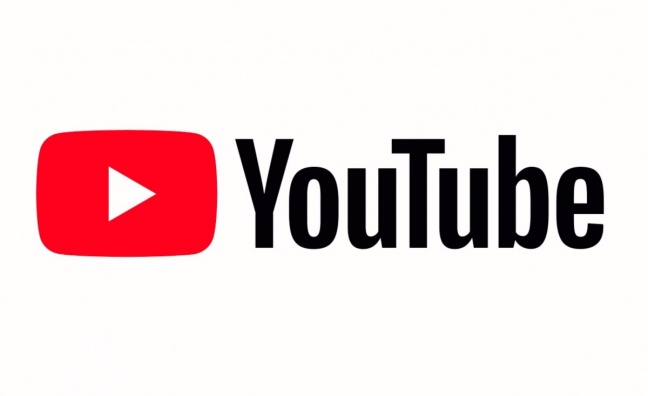Ahead of the big vote in the European Parliament next week, the upload service has broken its silence to hit out at the proposals and the claims from the music industry about YouTube and the so-called 'value gap'.
In a blog post, Robert Kyncl, chief business officer, voiced strong opposition to Article 13, which would force services such as YouTube to filter user-generated content or obtain full licences.
The UK music industry has united for its LoveMusic campaign supporting the Copyright Directive proposals ahead of the vote on September 12. Today (September 6) UK Music staged a busking protest from artists supporting the campaign, including Blur's Dave Rowntree, Suede's Brett Anderson and BASCA's Crispin Hunt, outside Google's London HQ.
"The open internet eliminated the barriers of traditional media gatekeepers and ignited a new global creative economy for creators and artists," said Kyncl. "It has given anyone with an idea the ability to share their passion, find fans all over the world and build a business. Despite best intentions, I believe this may now be at risk as European policymakers prepare to vote on a new European Copyright Directive on September 12. In fact, some parts of the proposal under consideration – and in particular the part known as Article 13 - potentially undermine this creative economy, discouraging or even prohibiting platforms from hosting user-generated content. This outcome would not only stifle your creative freedom, it could have severe, negative consequences for the fans, the communities and the revenue you have all worked so hard to create."
While UK Music CEO Michael Dugher voiced his "anger" at YouTube's ability to exploit a licensing loophole over upload content, Kyncl argued that it has become a vital platform for the industry. His blog coincided with the announcement that Sir Paul McCartney - who very publicly backed the 'value gap' arguments earlier in the summer - will launch his new album Egypt Station with a performance streamed on YouTube tomorrow (September 7).
"Creators and artists have built businesses on the back of openness and supported by our sophisticated copyright management tools, including Content ID and the recently launched Copyright Match Tool that manages re-uploads of creators’ content," said Kyncl. "Copyright holders have control over their content: they can use our tools to block or remove their works, or they can keep them on YouTube and earn advertising revenue. In over 90% of cases, they choose to leave the content up. Enabling this new form of creativity and engagement with fans can lead to mass global promotion and even more revenue for the artist.
"For instance, a growing list of global artists have seen their songs go viral in fan-made dance videos, such as Drake’s In My Feelings and Maître Gims’ Sapés Comme Jamais. Dua Lipa got her start singing covers and Alan Walker allowed his track Fade to be used in user-generated content and video games, which helped him build a massive global fanbase. That’s what makes platforms like YouTube special: fan videos have the power to help propel established songs to new heights and even break new artists. This is the new creative economy in action."
He added: "The Copyright Directive won’t just affect creators and artists on YouTube. It will also apply to many forms of user generated content across the internet. And that’s why so many other people are raising concerns too."
Kyncl said that his childhood in communist Czechoslovakia had given him a "deep personal conviction to preserve this freedom".
To read Music Week's in-depth report on the Copyright Directive pick up the latest issue - or subscribers can click here. To subscribe and never miss a big industry story click here.









